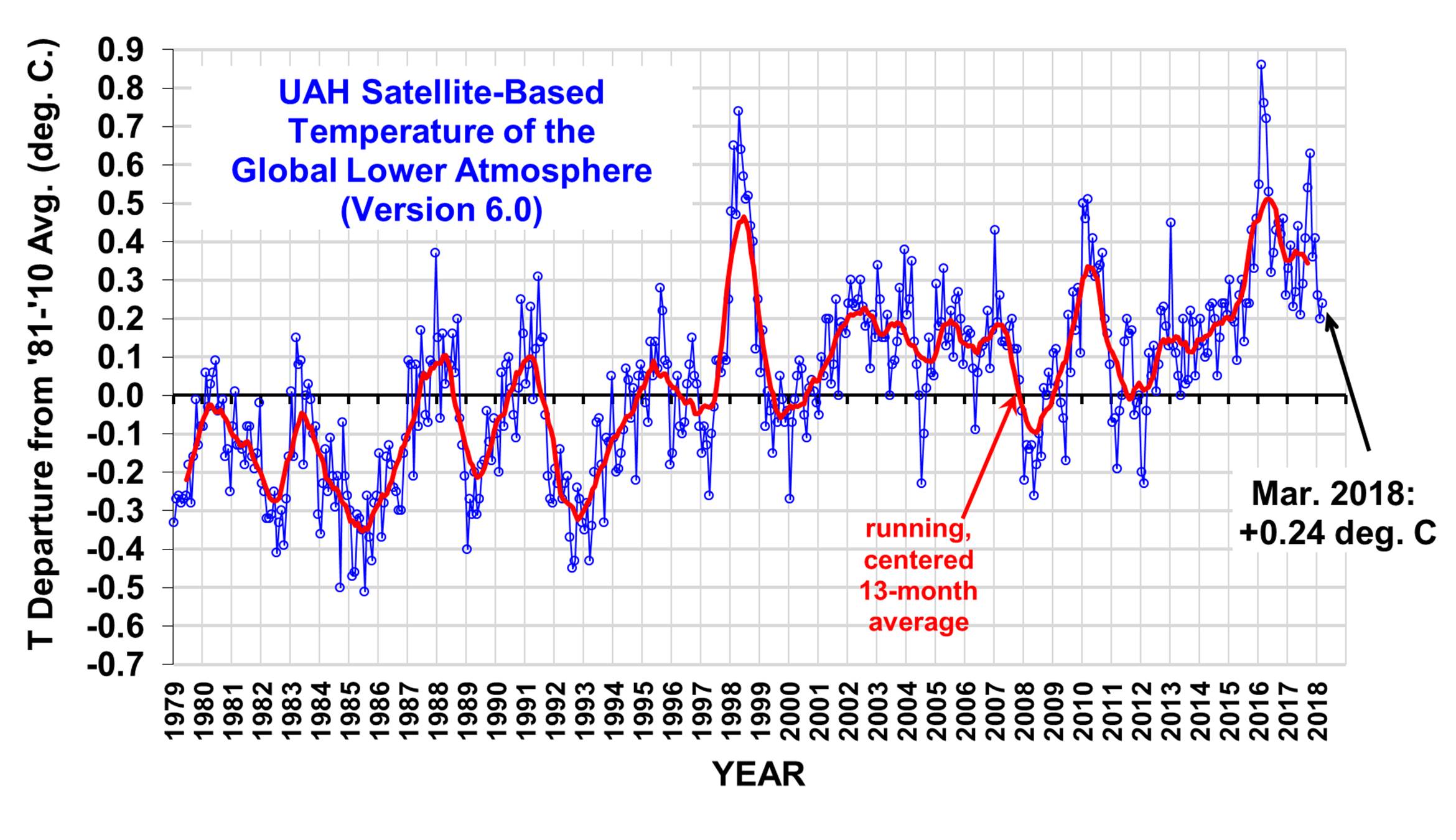Sunsettommy
Diamond Member
- Mar 19, 2018
- 14,903
- 12,534
- 2,400
Old Rocks,
Meanwhile you completely ignored what I posted about CH4 and CO2 effects on the atmosphere.
"They are STILL trace gases with a very small IR absorption range as the chart in my previous post clearly shows.
MODTRAN shows that CH4 is a negligible player in the so called "heat budget" plus it doesn't last long in the atmosphere anyway."
What you did was post a deflection to toxicity argument.
Meanwhile you completely ignored what I posted about CH4 and CO2 effects on the atmosphere.
"They are STILL trace gases with a very small IR absorption range as the chart in my previous post clearly shows.
MODTRAN shows that CH4 is a negligible player in the so called "heat budget" plus it doesn't last long in the atmosphere anyway."
What you did was post a deflection to toxicity argument.





